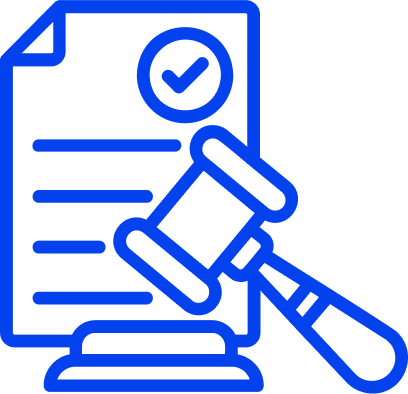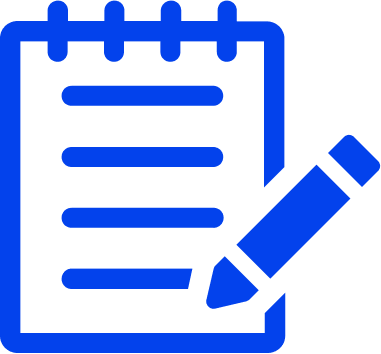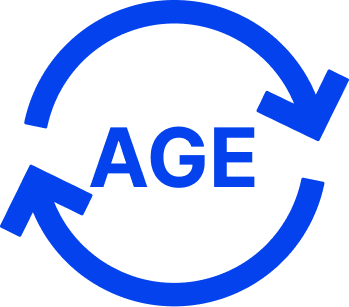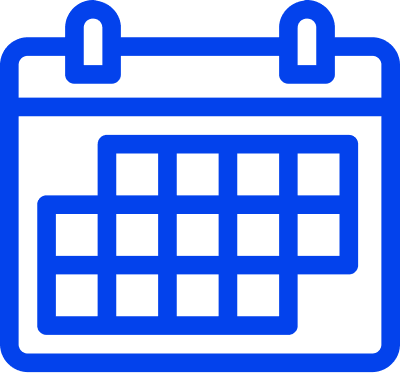Minnesota Homeschooling Laws and Resources
Planning to homeschool in Minnesota? This guide to Minnesota homeschool laws and requirements is a great place to start.
Homeschooling in Minnesota Overview
Notice of Intent Required: Yes
1 Option for Homeschooling: Non-Public School
Subject or Curriculum Requirements: Yes
Attendance Age Requirements: 7-17
Record-Keeping Requirements: Yes
Assessments or Evaluations Required: Yes
Proof of Immunization Required: Yes
Table of Contents
Minnesota Homeschooling Laws and Regulations
Legal Requirements Overview
Homeschool Accreditation
Registration and Notice of Intent
Qualifications to Homeschool
Mandatory School Age
Attendance Requirements
Record-Keeping Requirements
Evaluations and Assessments
Dual Enrollment
Required Immunizations
Resources for Homeschooling Families in Minnesota
Financial Aid
Homeschool Groups and Co-ops
Sports Opportunities
Homeschool Field Trips
Special Education Homeschoolers
How Homeschool+ Curriculum Can Help
Homeschool FAQ
Minnesota Homeschool Legal Requirements Overview
In Minnesota, homeschools are considered “non-public schools.” Essentially, parents or guardians create a private school for their own children. Private homeschools must meet several requirements to comply with Minnesota state law:
- Register and file an annual notice of intent to homeschool.
- Teachers must be parents or legal guardians; others require a degree or the oversight of a licensed teacher.
- Required subjects must be taught in the English language.
- Teachers must administer a standardized assessment to each student annually unless the homeschool is accredited.
- Teachers must maintain documentation that all required subjects are taught, tests have been administered, and their students comply with immunization requirements.
More information about each of these requirements is provided below.
Homeschool Accreditation
Minnesota recognizes only one organization to accredit homeschools in the state: Home-Based Educators’ Accrediting Association (HBEAA). For an annual fee, this homeschool umbrella program accredits Minnesota homeschools based on their requirements.
Home educators are not legally required to have their homeschool accredited. However, doing so provides some benefits:
- Annual standardized testing requirements are waived for accredited homeschools.
- HBEAA handles required notifications and communications with the local district.
- The program issues official transcripts and diplomas and assists with planning and record keeping.
If you’re interested in having your homeschool accredited, visit HBEAA for more information.
Registration and Annual Notice of Intent to Homeschool
Minnesota requires an initial homeschool registration and an annual notice of intent after that.
Initial Homeschool Registration
When first homeschooling, you must register with your local school district. The state provides a registration form you may use, or you can write your own letter that includes the required information (found here under “Home School Questions and Answers).
Submit your form or letter to your local school district and keep a copy for your files. If you’re mailing the letter, consider using certified mail so you have a record of receipt. You must submit your initial registration by the following dates:
- October 1st of the first year your child is homeschooled after turning 7; OR
- Within 15 days of withdrawing your child from public school in the middle of the academic year or moving to the state mid-year
Annual Notice of Intent to Homeschool
Once you’ve filed your registration, you’ll still need to notify your local district of your intent to homeschool every year. The state provides a letter of intent form you can use, or you may write your own letter including the required information as indicated on the form.
Submit your form or letter to your local school district, and keep a copy for your files. Consider using certified mail so you have a record of receipt. You must submit your annual notice by October 1st of each year.
Qualifications to Homeschool in Minnesota
Minnesota law states that parents and legal guardians or custodians can homeschool their children without meeting any requirements or certifications.
However, other homeschool instructors, including step-parents, grandparents, and other family members, must meet stricter qualifications. They must
- Hold a valid Minnesota teaching license in the subject and grade being taught; or
- Be supervised by someone holding a valid Minnesota teaching license; or
- Have completed a teacher competency exam; or
- Hold a baccalaureate degree.
Mandatory School Age in Minnesota
In Minnesota, students must start school by the time they turn 7. Parents may start instruction earlier if they wish, but when children turn 7, they must begin complying with homeschool requirements.
Students must continue school instruction until they graduate high school or turn 17.
TIP: Amish students may end their schooling after completing 8th grade.
Minnesota Homeschool Attendance Requirements
The law does not specify minimum attendance days, hours of instruction, or hours per day. Parents may wish to base their calendar on the public school requirement of 165 days per year but are not required to.
Minnesota Homeschool Record-Keeping Requirements
While you are not required to regularly submit any documents to the state or local district, you must maintain certain records in case they’re needed. The state requires the following records:
- Documentation proving instruction of required subjects, including class schedules, copies of instructional materials, and descriptions of methods used to assess student achievement
- Proof of annual standardized, norm-referenced assessments, including results
- Immunization records or appropriate exemption forms
In addition, you may wish to keep attendance records, along with a portfolio of student work samples, evaluations, and other documentation of student progress.
TIP: The more detailed your records, the easier it will be to produce transcripts or transition your child to public school if necessary.
Minnesota Homeschool Assessments and Evaluations
Homeschool students in Minnesota must take a standardized, norm-referenced test each year starting at age 7. You must work directly with your district’s superintendent to determine the testing location and protocols. Parents are responsible for paying for these tests.
TIP: Accredited homeschool students are not required to take these annual standardized tests.
If your child scores adequately on the test, keep the results for your records. If they score at or below the 30th percentile, or one grade level lower than the performance level of children at the same age, the law requires further evaluation to check for learning disabilities. Talk to your doctor or your local district’s special education department to learn more.
Minnesota Homeschool Shared-Time Instruction
Homeschool students may be able to take classes at public schools, known as “shared-time instruction.” Each district sets its own policies on shared-time instruction, including whether they allow out-of-district students to participate. Contact the school directly to learn about their policies.
TIP: Homeschoolers may also be permitted to take classes through the Minnesota K–12 public online learning courses, but may be charged tuition costs.
Required Immunizations for Homeschoolers in Minnesota
Minnesota homeschoolers are subject to the same immunization requirements as public school students. Families must keep immunization records or copies of their completed forms in their files. Learn about Minnesota immunization requirements here.
Financial Aid for Homeschoolers in Minnesota
In general, homeschool families are responsible for covering most education costs in Minnesota. Families may be eligible for a small amount of money through the Aids to Nonpublic Students program, which can be used toward standardized testing costs, textbooks, and some educational materials. Learn more from the Minnesota Department of Education here.
Low-income families may qualify for the K–12 Education Subtraction and Credit tax program. Find out more about the program here.
Minnesota Homeschool Organizations, Groups, and Co-ops
There’s no need to go it alone when you homeschool. Statewide organizations provide support and resources, while local groups and co-ops offer social and educational opportunities. Here are two statewide Minnesota homeschool groups to help get you started.
- Minnesota Homeschoolers Alliance (MHA): This non-sectarian organization welcomes all homeschool families. Find resources, tips, a getting started guide, and lists of local and online groups to join.
- Minnesota Association of Christian Home Educators (MACHE): Christian homeschoolers can join for an annual conference, newsletters, regular support sessions, and more.
The Homeschool Mom has an excellent roundup of local Minnesota homeschool groups and co-ops here.
Sports Opportunities for Homeschoolers in Minnesota
If your homeschool has five students or fewer, they may participate in sports and extracurriculars at their local public school. At the high school level, competitive sports and activities are overseen by the Minnesota State High School League, and all students, including homeschoolers, must comply with their regulations to participate.
Homeschool students have many other sports opportunities, like joining homeschool sports leagues or their community’s youth sports programs.
Here are some sports options for homeschool families in Minnesota:
Group Name & Website | What Sports They Cover | What Area |
|---|---|---|
Baseball, soccer, volleyball, flag football, karate, basketball, gymnastics | Throughout Minnesota | |
Flag football | Throughout Minnesota | |
Baseball, softball | Throughout Minnesota | |
Soccer | Throughout Minnesota | |
Basketball, swimming, baseball, football, wrestling | Throughout Minnesota |
Minnesota Homeschool Field Trips
The flexibility of homeschooling means field trips are always a possibility. Head out on your own adventures, or team up with other homeschoolers to qualify for group discounts and special programs.
In summer or winter, outdoor lovers can enjoy nature at one of Minnesota’s 75 state parks. Love animals? Check out the Minnesota Zoo outside of Minneapolis or the Great Lakes Aquarium in Duluth. STEM fans, visit the Science Museum of Minnesota in St. Paul or The Bakken Museum in Minneapolis. If you’re into history and culture, try the Minneapolis Institute of Art or the Minnesota History Center.
Special Education Homeschoolers
It’s relatively easy to get special education services for homeschooling students with special needs in Minnesota. Homeschooled students are classified as nonpublic school students and entitled to special education services according to Minnesota Statute 125A.18 Special Instruction; Nonpublic Schools.
The statute goes as far as to say that the local school district is responsible for providing transportation for nonpublic school students to receive special education instruction.
Minnesota’s protection of special education services is a significant benefit for homeschooling families who are attempting to get their children with special needs the support and instruction they need.
How Homeschool+ Curriculum Can Help You Homeschool in Minnesota
The Homeschool+ Curriculum includes programs that will help you meet Minnesota’s requirements to give students a strong grounding in both reading and mathematics. It includes fully adaptive math and reading programs for children ages 4 to 8; twelve online courses covering art, science, social studies, and more; and robust home educator tools that support your unique homeschool. Each course is customizable and created by curriculum experts.
The freedom and flexibility of Homeschool+ extend to the Home Educator Tools, which include a progress tracker for each child and a lesson planner.
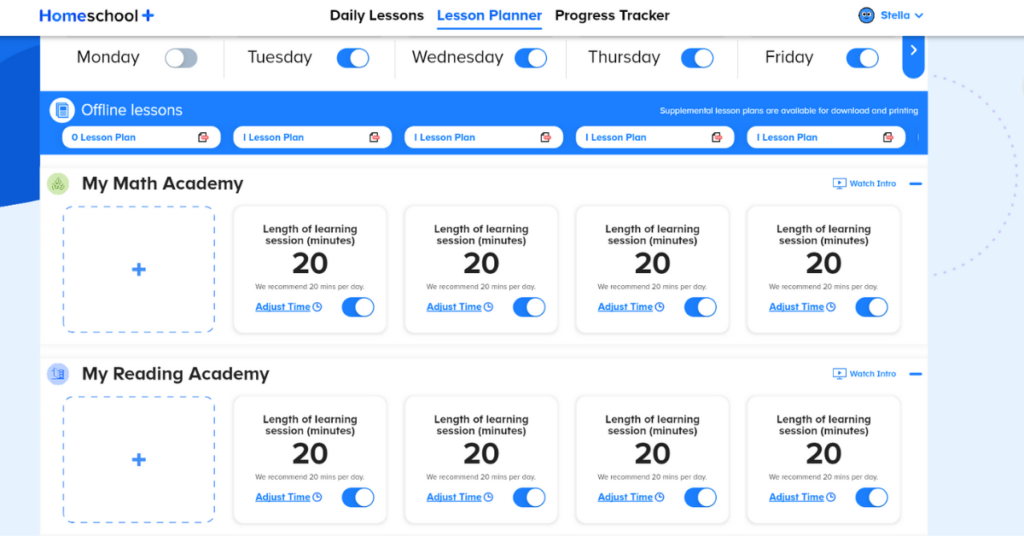
The Lesson Planner lets you customize the Homeschool+ curriculum by adding, removing, or moving lessons to meet the unique needs of your homeschool. Complete Lesson Plans support offline learning, providing three levels of exploration to take learning into the real world.
Your passion for homeschooling plus our powerful mastery curriculum can help your child build a strong foundation for success.
Learn more about the Homeschool+ Curriculum programs and how they can help your homeschoolers learn and grow.
Minnesota Homeschool FAQ
Is Minnesota a homeschool-friendly state?
Minnesota has more requirements than some other states when it comes to homeschooling. It’s one of only nine states that require homeschoolers to participate in standardized testing (unless their homeschool is accredited). Minnesota has specific subject requirements, specifies that instruction must be in English, and obligates families to register and file a notice of intent each year.
However, Minnesota still allows homeschool families complete freedom in choosing their curriculum programs and instruction methods. Families don’t need to meet a minimum number of attendance days or instruction hours. Parents and legal guardians don’t require any certifications to teach their children. So while Minnesota families have more conditions to meet, the state is still considered friendly to homeschoolers.
Is unschooling legal in Minnesota?
In all 50 states, including Minnesota, parents may choose to use unschooling as an instruction method, provided all other state laws and requirements are met.
Legal Disclaimers
“The information and materials provided are for informational purposes only, and does not constitute legal, or other professional advice.
Any links provided to third-party resources are provided for convenience only. We do not sponsor or endorse, and are not affiliated with such parties, unless explicitly stated otherwise. We do not maintain or control these websites. Information presented on these sites may not be current or accurate – it is your responsibility to determine its accuracy and usefulness. By clicking on the links provided, you understand that you may be subject to additional terms and conditions and the privacy policies of such third parties.
Age of Learning makes no representation and assumes no responsibility for the accuracy of information contained on, or available through, this website, or its suitability for any purpose, and such information is subject to change without notice. You are encouraged to confirm any information obtained from or through this website with other sources, and review all information regarding any information with a trained legal professional.”

